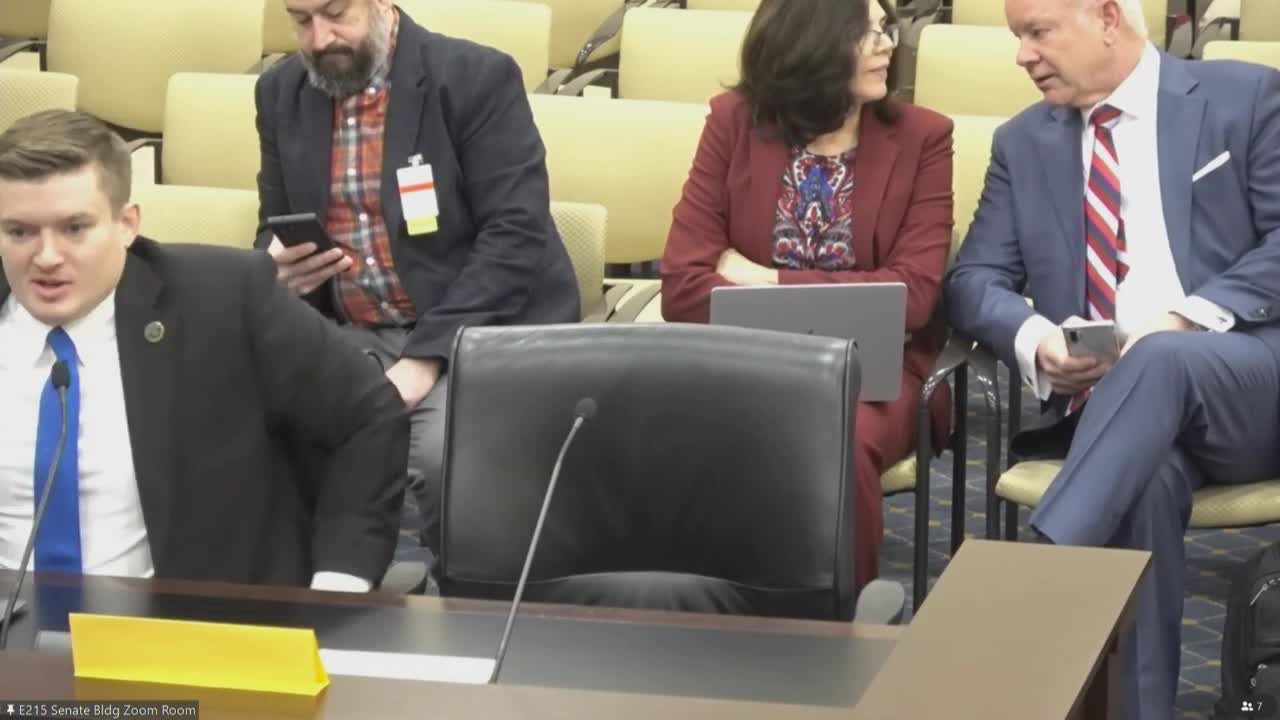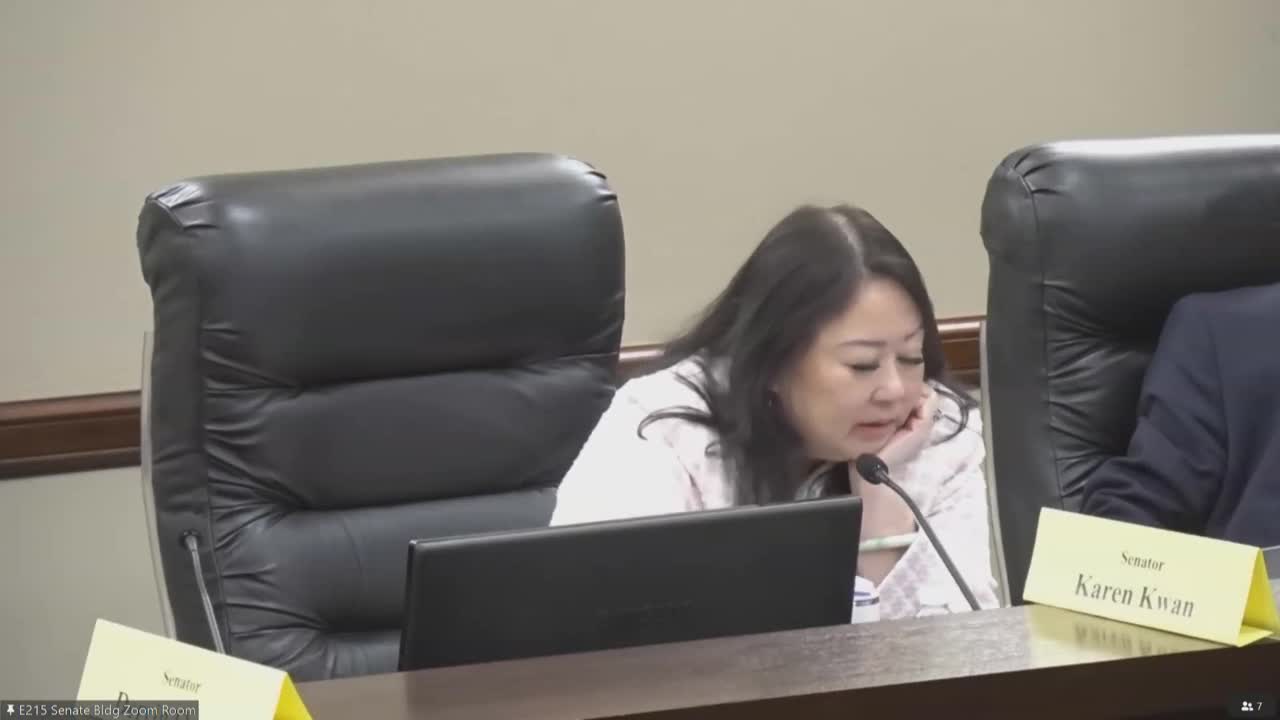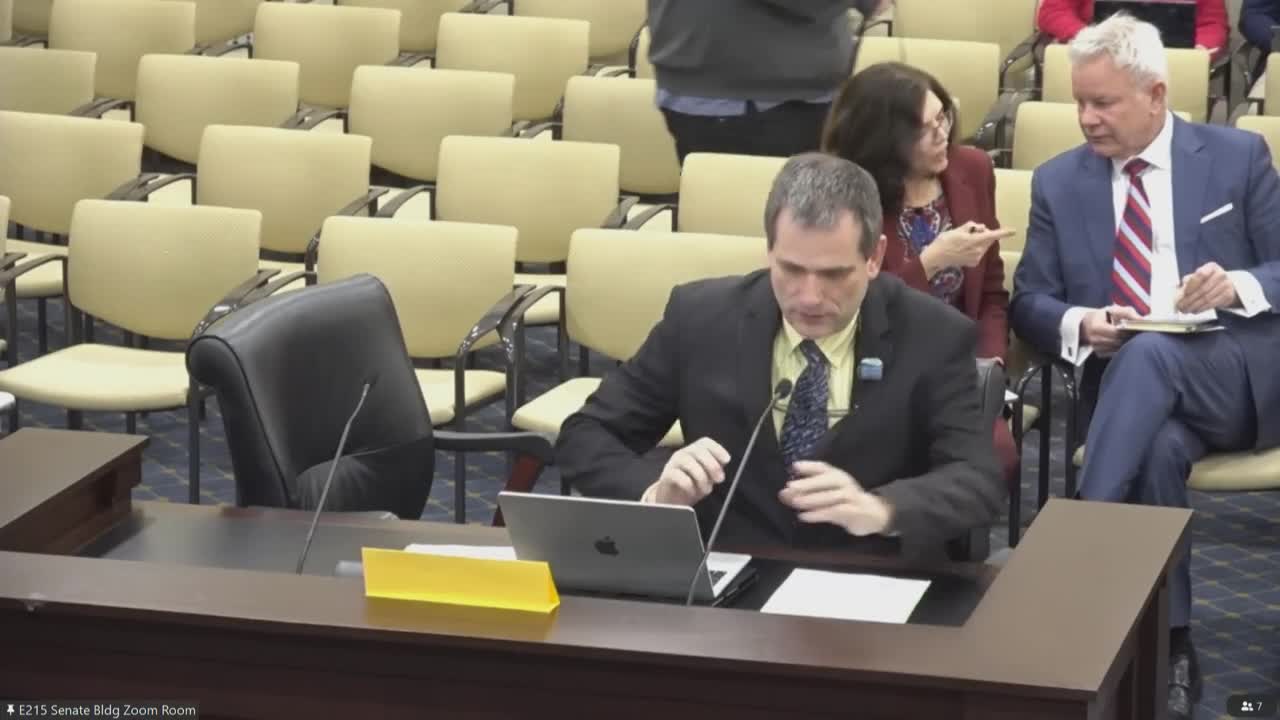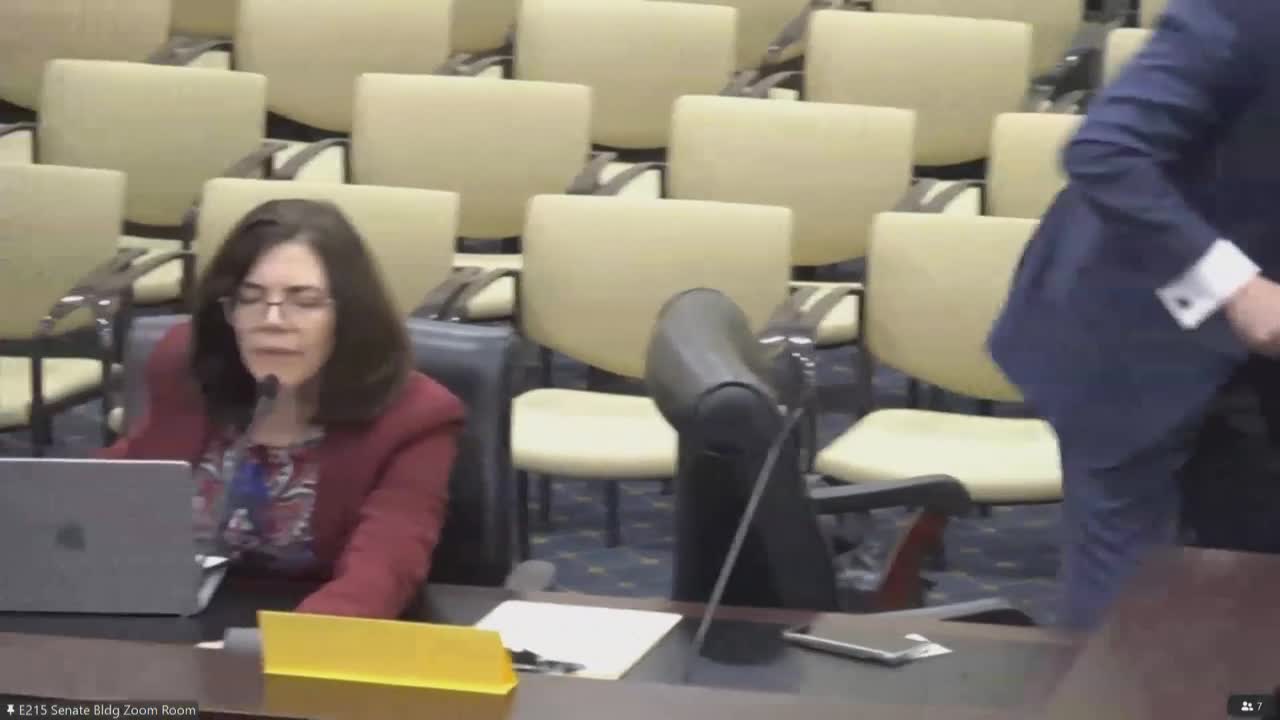Article not found
This article is no longer available. But don't worry—we've gathered other articles that discuss the same topic.

Committee backs resolution urging federal waiver of HUD "housing first" rule for Utah

Committee advances bill expanding landowner immunity to cover via ferrata and target shooting

Committee advances bill to classify some quadplexes as residential, lowering construction costs

